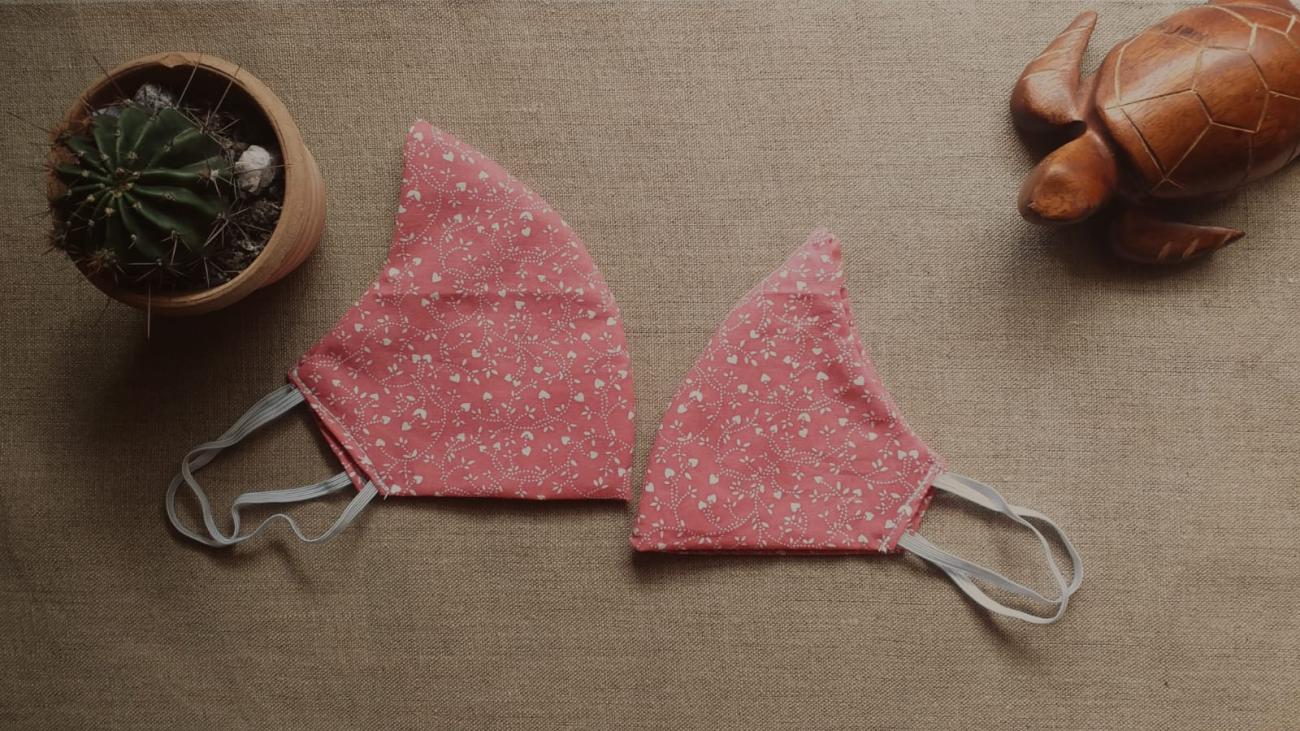By providing refugees and others in need with sewing machines and training on how to use them, a program in the country allows participants to become enduringly self-reliant.
As a single mother of a young boy with a disability, María* struggled to support herself and her son Jonathan* amid widespread insecurity and food and medicine shortages in her native Venezuela. The inability to get the treatment her son needed for his cerebral palsy drove her to join the ranks of the over 5 million Venezuelan refugees and migrants who left their country.
María said goodbye to her father and set out with Jonathan, then four years old, for Guyana, which now hosts some 23,000 Venezuelan refugees and migrants.
At first life in their new home was a struggle, unable to find a stable job to get back on her feet and pay for medical expenses. But María contacted UNHCR, the UN Refugee Agency, for support in getting Jonathan the treatment he needs. “It was a huge weight off my shoulders,” she said.
Then she joined a project of sewing cloth face masks that has helped María gain hope that she will be able to thrive in the country.
“This project has helped meet my family’s needs,” she says. “We sew face masks. We first did them by hand, but when we got sewing machines it all became faster and more efficient.”
This project, supported by UNHCR, gave Maria and more than 100 other refugee, migrant and local women the skills needed to produce more than 50,000 facemasks, helping keep thousands safe amid the ongoing pandemic, which has hit Latin America and the Caribbean particularly hard.
Through the project, María received a sewing machine that is now the mainstay of her livelihood. She has taken to social media to sell the masks and is slowly but steadily building her clientele. Donated by the Church of Jesus Christ of Latter-day Saints, the sewing machines that María and other participants received were aimed at ensuring the benefits of the project outlive the project itself. By providing both the sewing machines and training on how to use and maintain them, the idea is to give the participants an enduring way to continue to make an income, above and beyond the masks.
“Self-reliance and inclusion are key for refugees and their host communities, especially amid a pandemic like this one,” said Cecilie Becker-Christensen, UNHCR’s Head of Office in Guyana. “When refugees are allowed to contribute with their skills, it is a benefit to all – the economy, host communities and displaced people themselves."
UNHCR facilitated special training sessions during which María and 62 other participants honed their skills on the machines – a necessity given that neither María nor many of the other would-be seamstresses had sewn back in Venezuela. Back home, María had been studying communications and working part-time as a model.
María is now focusing on building her business and working to fine-tune all the details, including plans to expand her production to include children’s clothes.
“I accepted my new life. Now I have dreams, and in my dreams, it is me, my son and my father. I dream of having my own a place where I can bring my father and take care of him.”
*Names changed for confidentiality purposes.



